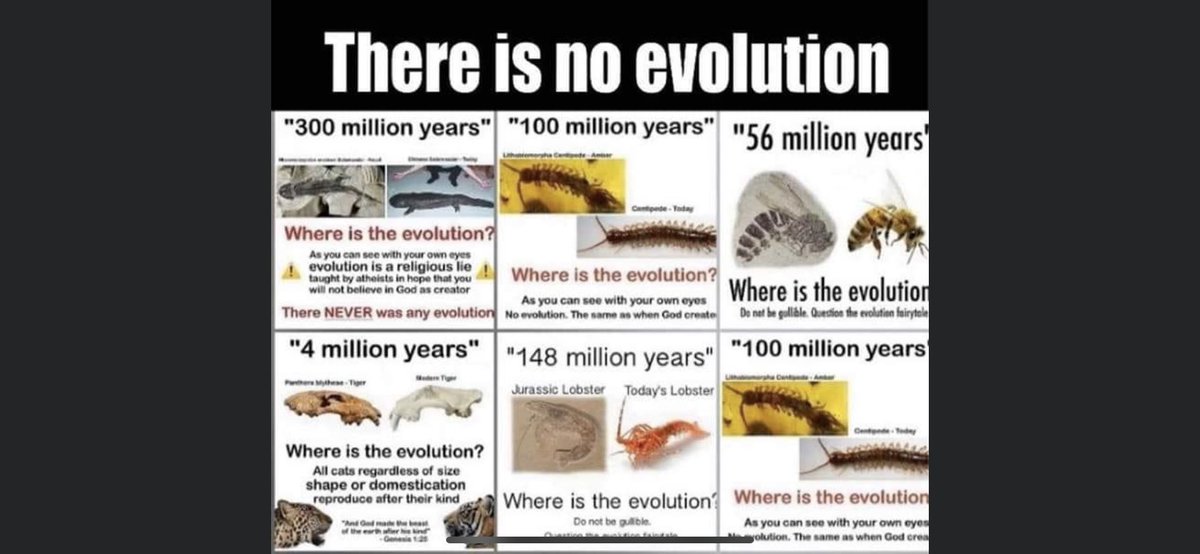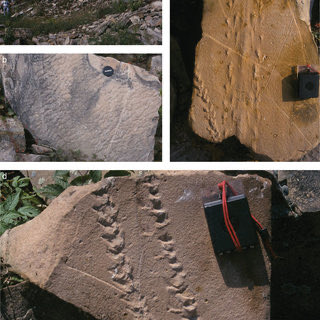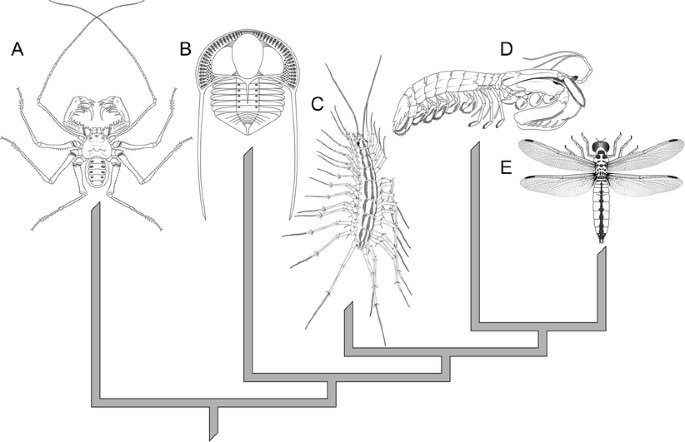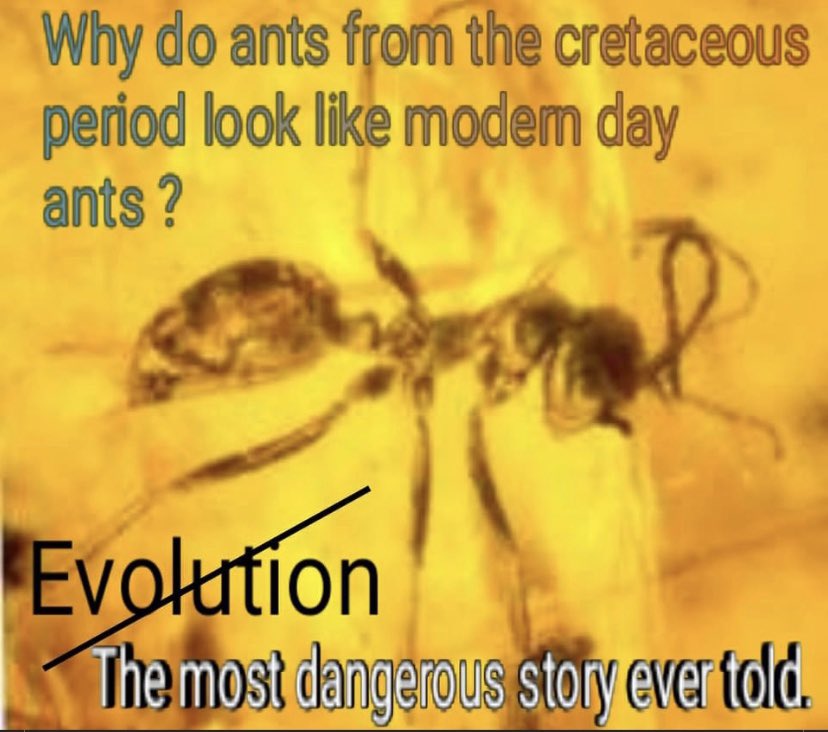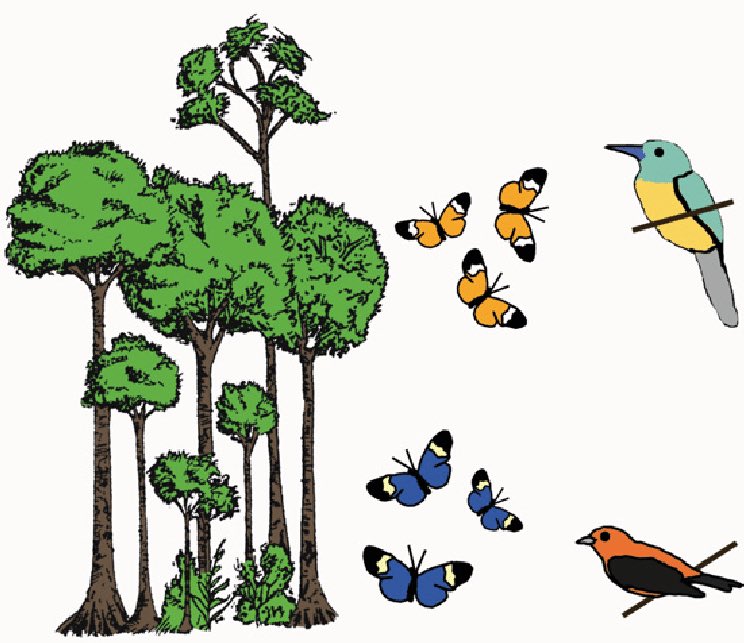Why have insects changed so little in over such a vast expanse of time?The answers are fascinating and multifaceted, much like an amber jewel that houses their history.
Arthropods had quite the head start over us ponderous tetrapods when it came to colonizing the terrestrial 1/7
Arthropods had quite the head start over us ponderous tetrapods when it came to colonizing the terrestrial 1/7
biome. They preceded us by nearly 100 million years!
This head start in radiation allowed arthropods to occupy, and dominate ecological niches that had never been colonized before, take advantage of new food sources and even take to the sky, with little competition. 2/7
This head start in radiation allowed arthropods to occupy, and dominate ecological niches that had never been colonized before, take advantage of new food sources and even take to the sky, with little competition. 2/7
Their rigid exoskeleton gave them many advantages over their soft body contemporaries, allowing them to bear their own weight without the added buoyancy of an aquatic environment. Chitin, the material the exoskeleton is largely composed of served to protect them from 3/7
environmental factors such as solar radiation, as well as predation.
In addition, during the Paleozoic, when oxygen levels were much higher than we see today, spiracles proved a very efficient method of respiration, and through adaptive radiation we witnessed the rise, and 4/7
In addition, during the Paleozoic, when oxygen levels were much higher than we see today, spiracles proved a very efficient method of respiration, and through adaptive radiation we witnessed the rise, and 4/7
domination of multiple clades including insects.
Most Orders of insects had filled the ecological niches that they occupy today by the Permian (298MYA.)
The insect hold over the terrestrial microcosm niches has been largely unyielding, referring back to the physiological 5/7
Most Orders of insects had filled the ecological niches that they occupy today by the Permian (298MYA.)
The insect hold over the terrestrial microcosm niches has been largely unyielding, referring back to the physiological 5/7

 Read on Twitter
Read on Twitter